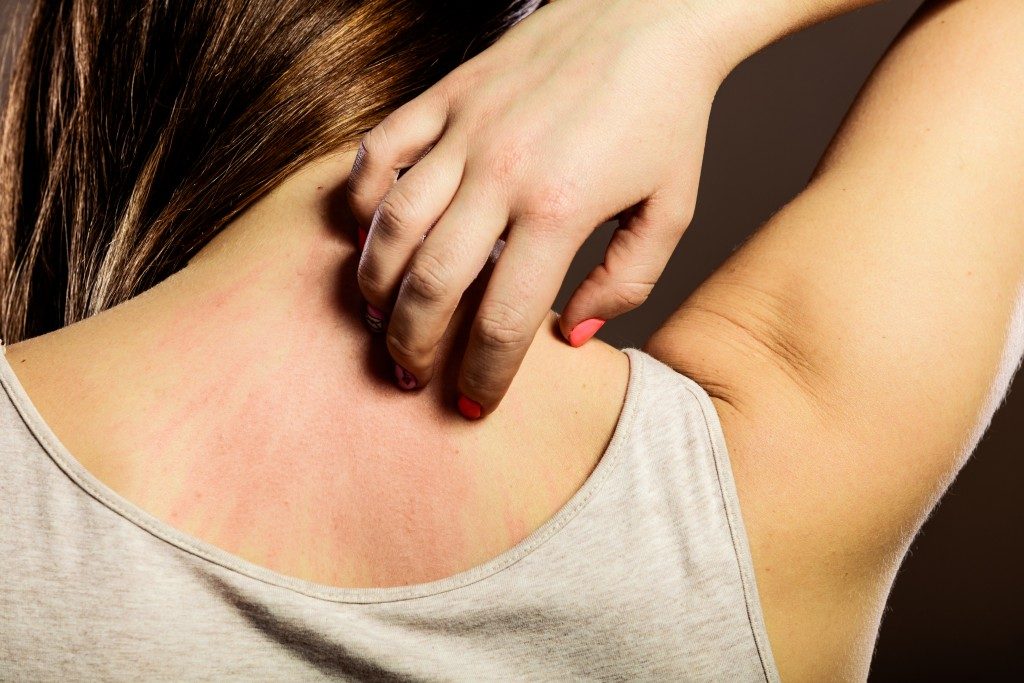Some skin conditions are associated with allergies, and if you do not receive an accurate diagnosis from a doctor, you will continue to suffer. Irritations on the skin surface can become infected if left untreated. In many places such as Salem, skin rash treatments can be successfully treated if they seek the help of the right doctor.
1. Contact dermatitis
Red, scaly, bumpy areas of skin arise when a person who is allergic to a substance comes into direct contact with it. Allergic contact dermatitis is associated with exposure to poison sumac and poison ivy. In some instances, a person can have an allergic reaction by touching something that has come in contact with the allergen. They don’t even have to come in direct contact and still get the same allergic response.
2. Hives
The medical term for hives is urticaria. The primary physiological response is skin inflammation. Histamine is a substance that the immune system releases in the presence of an allergen. Histamine causes the small blood vessels of the skin to leak fluid into the interstitial tissue. The swelling occurs in the deep layers when a person who is allergic to a trigger eats it or comes into contact with it. Urticaria may also arise from ingestion of medication.
Some people suffer from chronic hives; wherein there is no complete relief from symptoms for months or even years. It may seem as though the hives are contagious, but they are not. A specific allergen triggers them. However, acute hives may also be associated with an infection.
3. Atopic dermatitis
 Adults and children could develop symptoms of eczema or atopic dermatitis; these could appear as dry, itchy, and red skin, with bumpy areas filled with clear or yellowish fluid. Atopic dermatitis is often seen in people with a family history of allergies. People with sensitive skin are more prone to developing the dry itch patches, which come and go. The most severe cases manifest with severely itchy, fissured skin, that oozes with fluid. How do you relieve the itching? First of all, you have to refrain from scratching and instead set an appointment with an experienced dermatologist.
Adults and children could develop symptoms of eczema or atopic dermatitis; these could appear as dry, itchy, and red skin, with bumpy areas filled with clear or yellowish fluid. Atopic dermatitis is often seen in people with a family history of allergies. People with sensitive skin are more prone to developing the dry itch patches, which come and go. The most severe cases manifest with severely itchy, fissured skin, that oozes with fluid. How do you relieve the itching? First of all, you have to refrain from scratching and instead set an appointment with an experienced dermatologist.
4. Scratching the itch
Whether you have contact dermatitis, urticaria, or atopic dermatitis, it may be difficult to stop scratching the itch. People suffering from skin allergies typically have to endure other symptoms, such as itchy eyes, runny nose, and shortness of bread. It may be difficult to keep oneself from scratching when one is suffering from other signs and symptoms, so it is best to contact a dermatologist or physician immediately.
Rashes are symptoms of a variety of conditions, and in some instances the changes on the skin surface are embarrassing. It is vital for skin rashes to be diagnosed first before you apply a topical ointment or take any medication. After all, a rash may be the sign of an allergy, which means that the treatment should be focused on identifying the triggers, and avoiding contact with them. Consult an allergy specialist for medical management of skin rashes.
